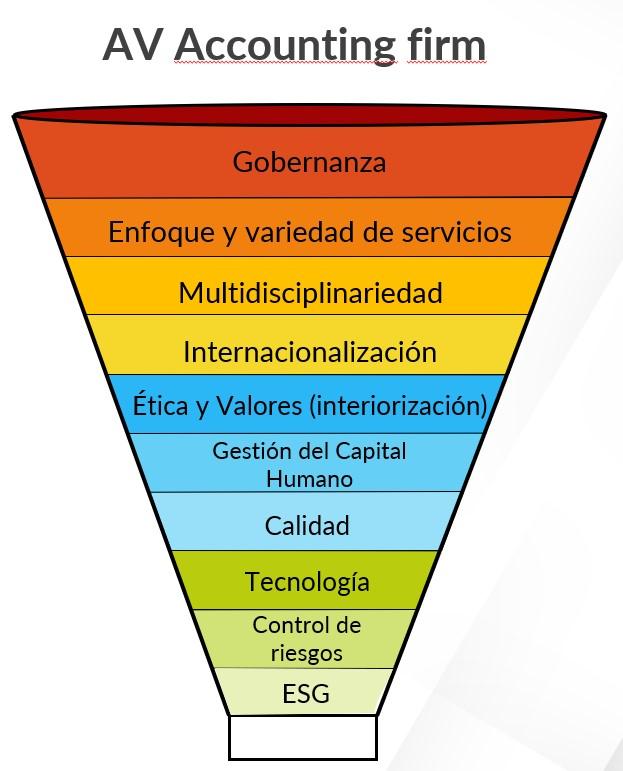Auditing in Spain: From Law 19/1988 to Law 12/2015 and its effects

Many participants are involved in an entities’ increasingly complex corporate information, but without doubt a prominent role is played by the auditors whose function, granting credibility and trust is of public interest. Over the last few decades major financial scandals have caused crises of confidence in auditors, whilst the demand on their performance has increased. Consequently, the enormous challenges facing auditors will place the audit in a new paradigm requiring extra investigative effort. Auditors have evolved, but not without difficulties and uncertainties regarding the future development of their role. This study focuses on analysing the how and why of these evolutionary processes, explaining the reality of what has happened, the essence of the drivers of change and, the general factors that have led to the current situation, all with the aim of proposing solutions for the future. The study has deepened understanding of the social reality of the audit, showing its usefulness and effectiveness, the audit’s present and future value, its legal framework from a multicultural and evolutionary perspective. An empirical investigation has been carried out through a survey carried out to a wide group. This study’s interpretive paradigm allows deep understanding of the audit as well as a critical paradigm to assist in making desirable change. The investigation identifies the challenges to allow the audit to follow a sustainable path, opening up new opportunities for future development that without a doubt, require highly proactive business governance of companies. This must be focused on achieving added value and the promotion of a culture of change to facilitate the necessary responses to growing market expectation. A flexible business model has been proposed that adapts to firms of different size, character, and even different management styles. The model establishes the fundamental aspects of the general framework and must be based on the characteristics of each firm and where the notable element is the management of human capital. The other resources will be directed towards the objective of forming teams of well-trained, multidisciplinary professionals with a combination of skills that favour shared leadership with a clear focus on quality and ethical values.